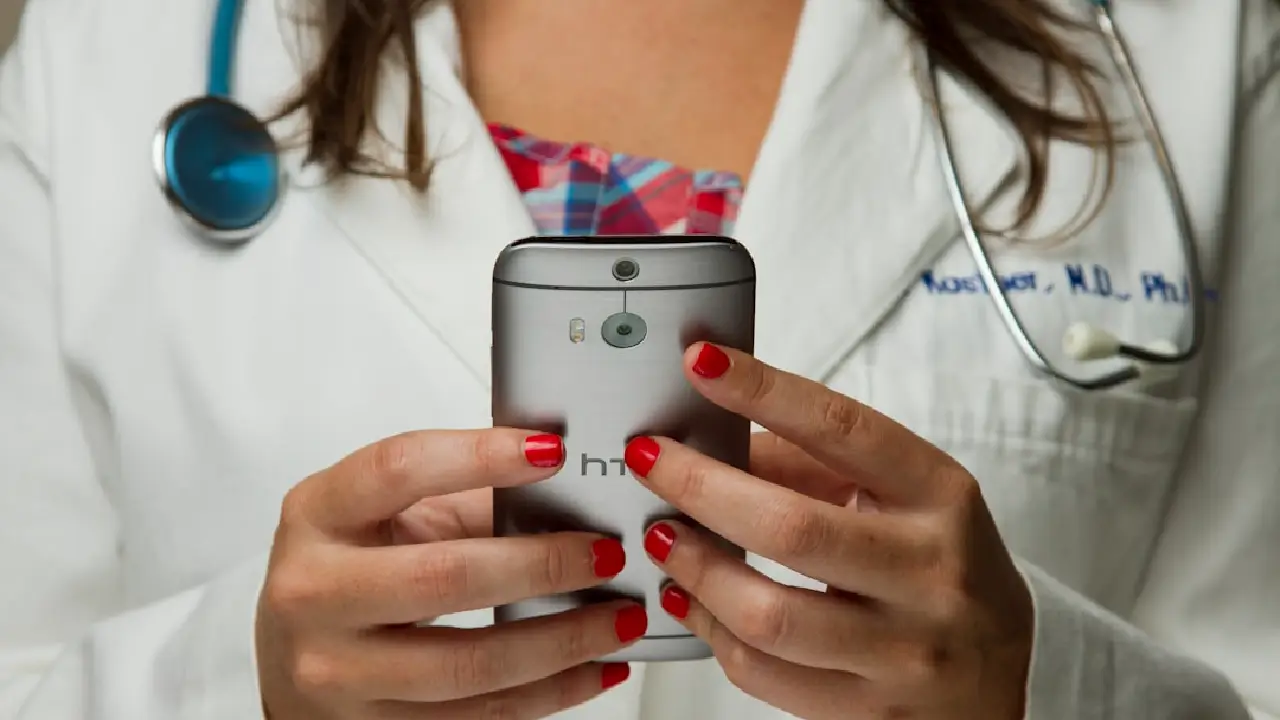HEALTH
The Importance of Technology in Improving the Quality of Behavioral Health Services

The intersection of technology and healthcare is revolutionizing the landscape of behavioral health services. Healthcare providers can offer more personalized and effective treatments to those in need through innovative solutions. Technology is reshaping treatment methods, expanding care access, improving patient outcomes, and ensuring continuous support. Understanding its impact is essential for practitioners and patients within the behavioral health sphere. Below, we explore the key areas where technology is making a significant difference in the quality of care provided.
The Role of Technology in Enhancing Behavioral Health Assessments
Behavioral health assessments are critical for accurate diagnosis and treatment planning. With the aid of advancements like AI-driven analytics, clinicians can gain deeper insights into patients’ symptoms and behaviors. These technologies enable practitioners to parse complex data to suggest potential diagnoses, track progress, and adjust therapies as necessary, all based on objective criteria.
For instance, digital tools can help detect subtle changes in mood or behavior patterns through continuous monitoring that might go unnoticed during traditional appointments. By using digital symptom trackers and self-reporting tools, patients contribute data that can refine their diagnosis and treatment. This two-way interaction empowers patients and gives them a sense of ownership over their health journey.
Moreover, technology enhances remote assessment capabilities, allowing patients in rural or underserved locations to receive timely evaluations. This can bridge the gap where a lack of professionals exists, paving the way for early intervention. Utilizing software for behavioral health that offers comprehensive assessment modules further standardizes and streamlines the diagnostic process.
Finally, digital assessment platforms frequently feature built-in tools that aid therapists in keeping thorough and accurate records. This facilitates better communication among healthcare providers and ensures that the information used to guide treatment decisions is current and comprehensive.
Leveraging Telehealth for Expanded Access to Behavioral Health Services
Telehealth has been instrumental in dismantling barriers to accessing behavioral health services. Video conferencing and remote monitoring have allowed patients to engage in therapy sessions from the comfort of their own homes, ensuring continuity of care during times when in-person consultations may not be viable.
The use of telehealth has been particularly advantageous for individuals residing in remote areas or those with mobility constraints. It provides greater flexibility, and the convenience often leads to better adherence to treatment routines. This form of therapy also caters to modern-day preferences for digital interactions, potentially reaching a younger demographic more effectively.
However, the expansion of telehealth is not without challenges. As providers navigate these waters, issues such as licensing across state lines and reimbursement policies remain at the forefront of the discussion. In addition, maintaining the same level of empathy and connection through a screen requires adaptations in therapeutic techniques and approaches.
Still, the benefits are impactful. With a broader reach, telehealth alleviates the strain on overtaxed systems, especially in urban centers. This, in turn, contributes to de-stigmatizing behavioral health issues and promotes a culture of proactive mental health care.
Mobile Health Applications and Their Impact on Patient Engagement
Mobile health applications are changing how patients engage with behavioral health treatment. By offering a tool accessible from virtually anywhere at any time, these apps encourage an ongoing commitment to health beyond periodic therapy sessions.
The interactive nature of mobile apps caters to a generation that values real-time feedback and instant access to health resources. These applications often incorporate gamification techniques, reminders for medication or therapy exercises, and mood-tracking functionalities. Such features sustain engagement and promote a sense of progress.
From a clinician’s perspective, mobile health apps can provide an additional data stream. This data can be invaluable for monitoring patient adherence and illuminating symptomatology patterns between sessions. Importantly, this information can lead to more responsive and nuanced care when used effectively.
Nonetheless, ensuring these apps’ clinical validity and security is essential, as the market is flooded with countless solutions. To reap their full benefits, patients and providers must discern which applications rely on evidence-based practices and up-to-date science.
Overall, technology is transforming behavioral health services by enhancing assessments, expanding access, and fostering greater patient engagement. As these innovations continue to evolve and integrate into healthcare systems, they hold the potential to significantly improve the quality, accessibility, and personalization of care, ensuring that individuals receive timely, effective, and tailored treatment to meet their unique needs.

University of Houston graduate with 5 years of blogging experience, excelling in content strategy, SEO, and audience engagement. Connect with me on LinkedIn.










